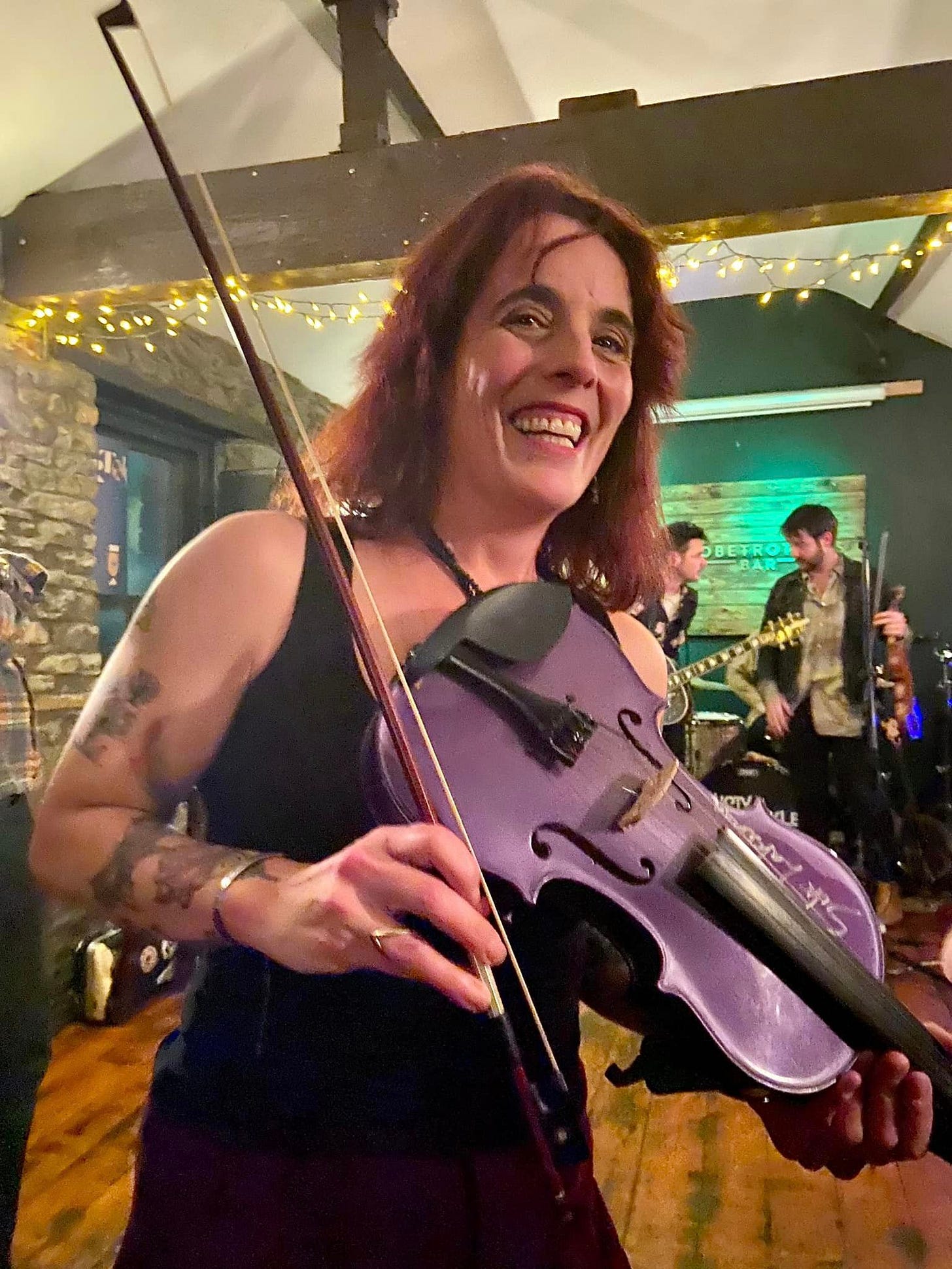I attended a 4N networking meeting with a remarkable group of empowered women this morning.
The speaker for the meeting was a lady who shared her story of escaping from a cult. A harrowing story of control, fear, abuse and manipulation, but ultimately strength, hope and resilience.
We chatted briefly in a 1:1 afterwards, and got talking about the similarities between religious cults and the cult of the drinking culture here in the UK.
She was conditioned to believe that the cult she was part of was keeping her safe. That it was her family. That they cared about her. That it was her only source of support and hope in the world.
The wholesale rejection she experienced when she decided to leave was heartbreaking. She was shunned by former friends and even her own family, denounced as evil for leaving.
Now, I KNOW that you’re probably thinking ‘but that’s nothing to do with alcohol’.
But is it that different really?
Alcohol is marketed to us as vital to any good social event. As a society, we seem incapable of enjoying anything without it… even the music, sports, activities and even friends we enjoy.
It’s portrayed as a way to relax, to release tension and stress, and to reward us at the end of a hard day or week. Even a reward for the challenges of parenting (that’s a whole other rant!!)
We form social lives that have it at their core. A lot of the behaviour that passes as ‘normal weekend fun’ in the pubs and clubs across the country is highly dangerous levels of drinking, but because our friends do it, we don’t even realise that it’s not normal.
And even though we know it is harmful to our health, relationships, and even our communities and the environment, we persist. Even when the hangovers ruin our plans for the next day, we wake up with regrets for our actions, hazy memories and a sense of real unwellness, we still think it means we had a good night.
And when someone decides they’ve had enough, we tell them they are boring. Plead with them to drink with us because ‘it’s no fun if you’re not drinking’. Gaslighting them that they are only worth having around if they are drunk. (remember the ‘Fun Bobby’ episode of Friends?)
People feel ashamed and uncomfortable to ‘admit’ they are not drinking. Make up excuses to not drink. Worry that their friends won’t want them out with them if they don’t drink. And if that does happen, they think it’s about them (hint: it’s not. It’s about the friends)
Alcohol is seen as a way to relax but it increases cortisol. It’s seen a a way to feel happy, but it’s a depressant. It’s seen as a way to enhance social bonds, but it distorts them.
When I stopped drinking, I felt like I had escaped from a cult. I’d been brainwashed into thinking the booze was helping me when it was trapping me. Breaking free from those chains was liberating.
And yes, a lot of my former life fell away with that decision. I still had friends and family who loved me. But many relationships changed and disappeared. I didn’t get invited to things I would have been before. I lost touch with a lot of people who I only ever saw when drinking - people I had considered friends before.
But if those friends only wanted to know drunk Esther, they didn’t actually know the real Esther. How could they, I didn’t know her! And if you can only be with friends with alcohol involved, then you have to wonder if the friendship really means anything. There has to be more, right?
The growing sober curious movement fills my heart with joy and hope. People are waking up to the reality that alcohol isn't vital for a happy, joyful life. That health and happiness are more meaningful, and that there is joy to be found in hangover free mornings, genuine sober connection, and fun that doesn’t need to be numbed or faked.

What do you think? Is the drinking culture a cult?




